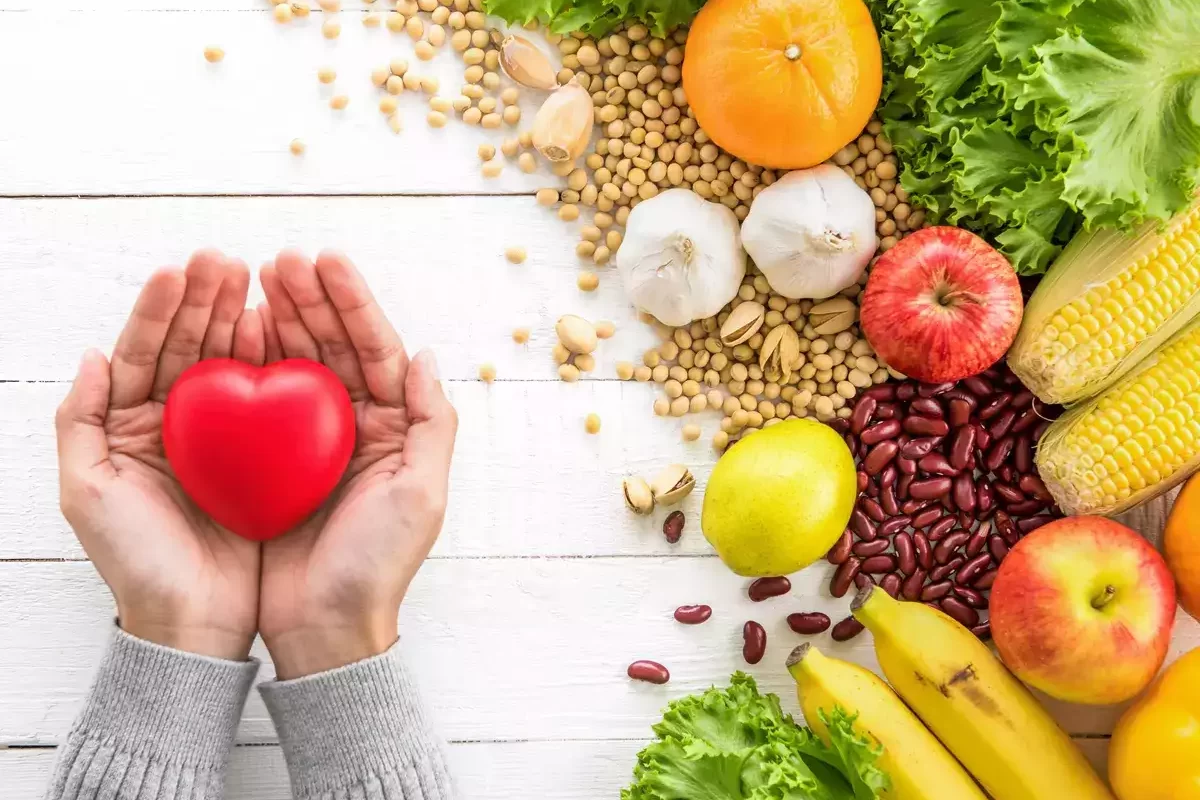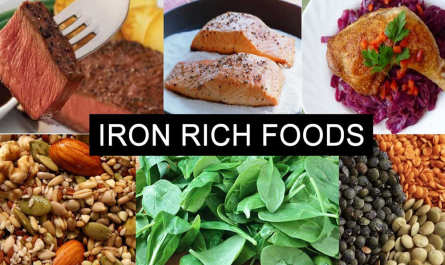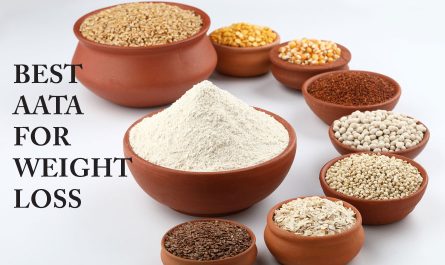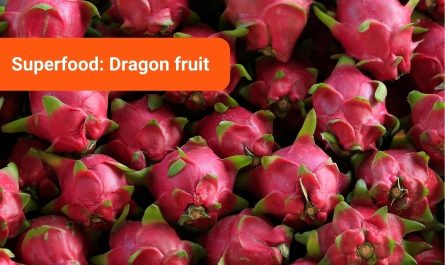Introduction:
Maintaining a healthy cholesterol level is very important for overall heart health. High levels of cholesterol can increase the risk of heart disease and other cardiovascular complications. However, the good news is that much of our cholesterol levels are within our control, largely influenced by our dietary choices. Let us get into the basics of a cholesterol-lowering diet, exploring foods that can help lower cholesterol levels and promote heart health.
Understanding Cholesterol:
Cholesterol is a compound found in the blood that is essential for various functions of the body, including the production of hormones and vitamin D. However, too much cholesterol, particularly low-density lipoprotein (LDL) cholesterol, often called “bad” cholesterol, can deposit in the arteries, causing plaque buildup and increasing the chance of heart disease. On the other hand, high-density lipoprotein (HDL) cholesterol, known as “good” cholesterol, helps remove LDL cholesterol from the arteries, thus lowering the chances of heart disease.
The Role of Diet:
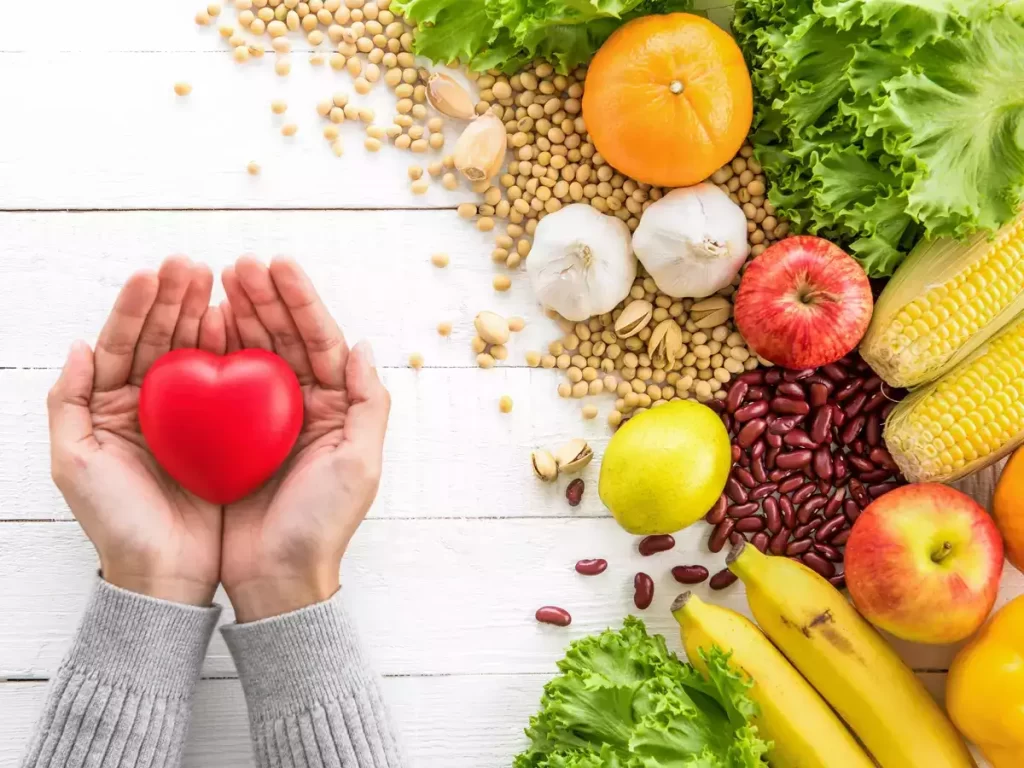
Diet plays a crucial part in managing cholesterol levels. By making mindful food choices, you can effectively lower LDL cholesterol levels and boost HDL cholesterol levels, promoting heart health. Here are some dietary strategies to consider:
- Incorporate Heart-Healthy Fats:
Swap saturated and trans fats with heart-healthy fats such as monounsaturated and polyunsaturated fats. Sources of these healthy fats are mainly avocados, seeds, olive oil, nuts, and fish like salmon and trout. These fats can help lower LDL cholesterol levels and reduce inflammation.
- Increase Soluble Fiber Intake:
Consumption of foods rich in soluble fiber can help reduce LDL cholesterol by reducing its absorption into the bloodstream. Oats, barley, legumes, fruits (such as apples, berries, oranges), and vegetables (like Brussels sprouts and broccoli) are excellent sources of soluble fiber. Include these foods in your daily diet to reap their cholesterol-lowering benefits.
- Choose Lean Protein Sources:
Go for lean protein food sources such as fish, poultry, tofu, and legumes instead of foods that are high in saturated fats. Incorporating plant-based proteins into your meals can not only help lower LDL cholesterol but also provide essential nutrients and fiber.
- Embrace Plant Sterols and Stanols:
Plant sterols and stanols are the substances that are naturally found in plants that have been shown to help lower LDL cholesterol levels. You can find them fortified in certain foods like margarine, orange juice, and yogurt. Including these fortified foods as part of a balanced diet can contribute to cholesterol reduction.
- Be Aware of Portion Sizes and Overall Caloric Intake:
Even healthy foods in your diet can lead to weight gain and elevated cholesterol levels if consumed excessively. Practice portion control and be aware of your overall caloric intake to maintain a healthy weight and cholesterol profile.
Conclusion:
A cholesterol-lowering diet is a cornerstone of heart health. By prioritizing nutrient-rich foods, incorporating heart-healthy fats, increasing soluble fiber intake, choosing lean protein sources, and moderating portion sizes, you can effectively manage your cholesterol levels and lower the chances of cardiovascular disease. Remember, small changes to your diet can yield significant benefits for your heart in the long run. Consult a registered dietitian to tailor a cholesterol-lowering diet plan that suits your individual needs. Here’s to nourishing your heart and prioritizing your well-being through mindful dietary choices.
